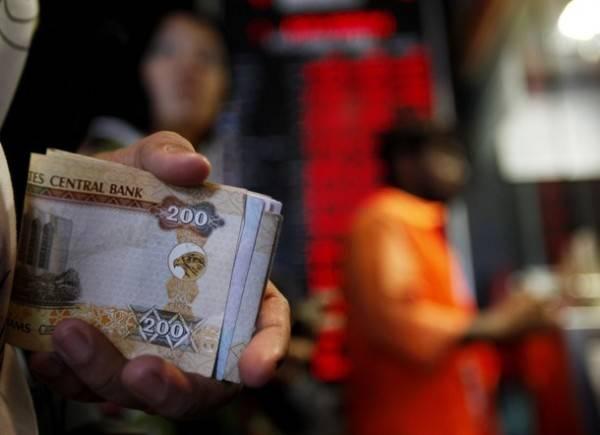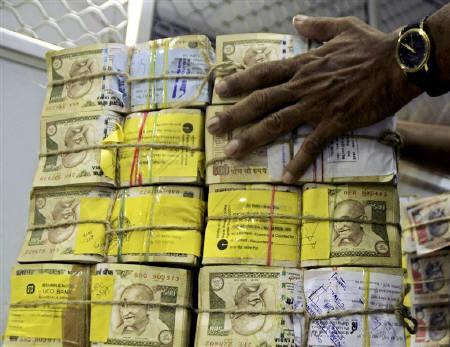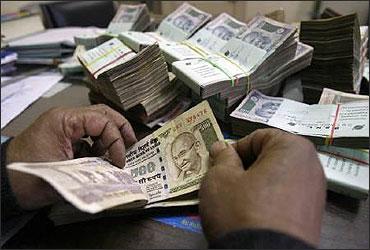 | « Back to article | Print this article |
How India can curb the menace of black money
India's black money economy has been allowed to grow and, while the White Paper does not estimate what the total size of the black economy is, several alarming estimates of its extent have been thrown around.
The government's approach to controlling India's black money economy, as outlined in the White Paper on the issue tabled in Parliament on Monday, is misguided.
Central to the suggestions that are immediately operable is a scheme similar to past voluntary disclosures of income, which the White Paper says can be a 'one-time option' to encourage Indians to bring back illicit money stashed abroad.
Of course, as the Paper itself mentions while introducing the possibility, such schemes have often been tried before -- meaning that it is not to be viewed as credibly being a 'one-time' option.
This actually sets up perverse incentives for tax evaders.
Click NEXT to read further. . .
How India can curb the menace of black money
It might help the government manage India's troubled external balances, but it is not a genuine solution to the problem.
A related error in judgement is visible in the proposal that tax immunity be extended towards those with gold holdings, if they come forward to make deposits.
While these approaches do not appear to be workable solutions, there is no denying that India has a problem.
Its black money economy has been allowed to grow and, while the White Paper does not estimate what the total size of the black economy is, several alarming estimates of its extent have been thrown around.
Click NEXT to read further. . .
How India can curb the menace of black money
Fortunately, the White Paper does make some reasonable diagnoses about what a more sustainable route forward would be.
It takes note of the considerable anecdotal evidence that the real estate sector, for example, is a major haven for unassessed cash.
Most of those who participate in the market are aware of the bias towards cash payments.
Proposals that tax be deducted at source in the real estate sector, repeated in the White Paper, have recently run aground on the fact that, according to the Constitution, land is a state subject; India's states are increasingly concerned about central encroachment on their revenue flows, such as stamp duty.
Click NEXT to read further. . .
How India can curb the menace of black money
It is necessary, therefore, for the government in New Delhi to build up a political consensus across parties and states for basic reform in the sector -- such as rationalised circle rates, more transparent registration norms, and extensive liberalisation and streamlining of tax processes -- in order to clean up the sector.
The true lesson of the White Paper should be that there are no quick fixes for what has been a major scourge of the Indian economy for several decades.
The only sustainable solution is cross-sector reform.
The goods and services tax, for example, has the possibility of streamlining the process of tax compliance, and could serve as the incentive for a major move away from the black economy.
Click NEXT to read further. . .
How India can curb the menace of black money
However, the government has, again, been indolent about creating a political consensus for the reform.
If all states are not already on board, that should not stop the government from nevertheless moving forward with the most powerful weapon in the policy armoury against the black money problem.
In the end, economic history shows that it is only tax reform, with moderate, stable rates and a clear, transparent, and non-arbitrary assessment process, that provides a lasting solution.





